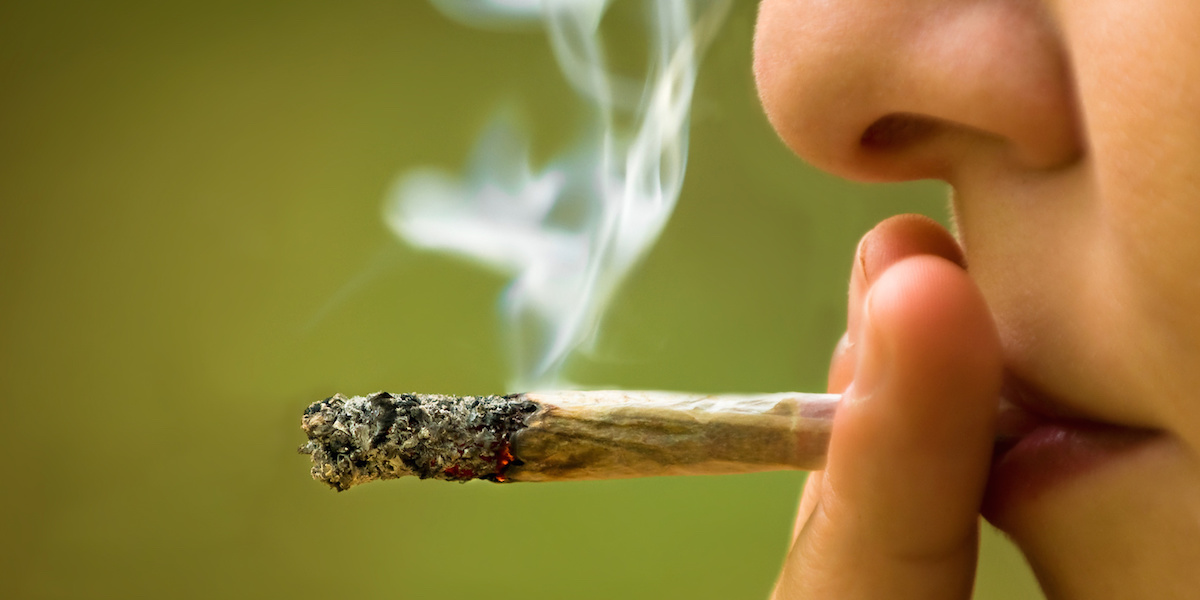
*The following is excerpted from an online article posted on EurekAlert!
Turns out the old adage, “monkey see, monkey do,” does ring true — even when it comes to cannabis use. However, when cannabis use involves youth, it’s see, think, then do, says a team of UBC Okanagan researchers.
The team found that kids who grow up in homes where parents consume cannabis will more than likely use it themselves. Parental influence on the use of cannabis is important to study as it can help with the development of effective prevention programs, explains Maya Pilin, a doctoral psychology student in the Irving K. Barber Faculty of Arts and Social Sciences.
“Adolescence is a critical period in which drug and alcohol experimentation takes place and when cannabis use is often initiated,” says Pilin. “Parents are perhaps the most influential socializing agent for children and early adolescents.”
For their research, the team used data from a survey of almost 700 students in Grades 7 to 9, which is when previous studies demonstrate that cannabis use increases dramatically. Each year over a three-year period, the students were asked if one or both of their parents used cannabis, if so, how frequently, and whether they also use it. As the students aged, their cannabis use began and increased.
This data was collected before cannabis was decriminalized in Canada in 2017.
“We wanted to try and explain, how parental use, while their kids were in Grade 7, would be associated with their kids’ use by ninth grade,” says Dr. Sarah Dow-Fleisner, a researcher with the School of Social Work. “We hypothesized that early parental use would impact how teens think about cannabis use, in particular, whether parental use early in adolescence would be associated with more positive expectations and perceptions of cannabis use by Grade 8, and whether that would lead to an increased chance of using cannabis by Grade 9. What we thought is exactly what we found.”
The research was published in the journal Addictive Behaviors.
Source: EurekAlert!
https://www.eurekalert.org/pub_releases/2021-05/uobc-pcs051821.php

 Teen Loneliness Triggers ‘Reward Seeking’ Behavior
Teen Loneliness Triggers ‘Reward Seeking’ Behavior  The Hidden Mental Health Danger in Today’s High-THC Cannabis
The Hidden Mental Health Danger in Today’s High-THC Cannabis  Teen Suicide, Binge Drinking Decline, New National Data Show
Teen Suicide, Binge Drinking Decline, New National Data Show